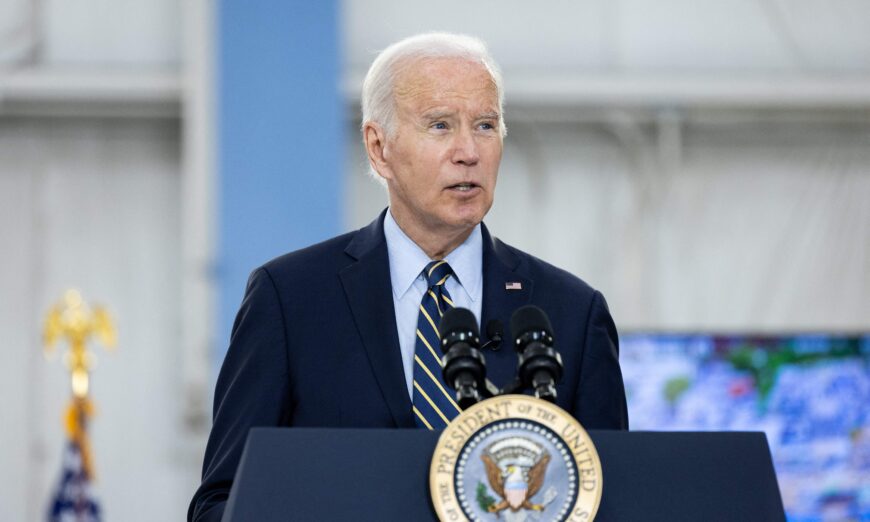US debt limit talks consider COVID refunds and energy permits.
Talks on Raising U.S. Debt Ceiling Enter New Phase
Time is running out to avoid a historic and economically destabilizing default as talks on raising the U.S. federal government’s $31.4 trillion debt ceiling enter a new phase. Democratic President Joe Biden and top congressional Republican Kevin McCarthy met for the first time in three months on Tuesday, and some areas of potential compromise emerged.
Areas of Potential Compromise
- Biden signaled an openness to Republicans’ demand to claw back some unused money for COVID relief, which is less than $80 billion.
- House of Representatives Speaker McCarthy told reporters that Biden also indicated a willingness to work on speeding up permitting for energy projects, a goal that went unmet in 2022.
- The White House has previously supported that idea.
Aides for Biden, McCarthy, top Democratic Senate Majority Leader Chuck Schumer, top Senate Republican Mitch McConnell, and top House Democrat Hakeem Jeffries were to begin meeting daily, with another meeting planned on Friday, both sides said.
“Default is not an option,” Biden told reporters after Tuesday’s meeting. “I told congressional leaders I’m prepared to begin a separate discussion about my budget.”
Biden and opposition Republicans have been locked in a standoff for months over the debt ceiling, with Democrats calling for a “clean” increase without conditions to pay debts resulting from spending and tax cuts approved by Congress. House and Senate Republicans, meanwhile, have said they will not authorize any additional borrowing without an agreement to cut spending.
Adding to the urgency, Biden is scheduled to leave on May 18 to attend an annual meeting of the leaders of “Group of Seven” major industrialized nations, though he said he would cancel that trip if needed to avoid default.
“If somehow we got down to the wire and we still hadn’t resolved this…I would not go. I would stay until this gets finished,” Biden said.
But even if there is significant progress, the House and Senate each have their own, often time-consuming procedures for advancing legislation that opponents of any deal could use to slow things down.
Wall Street executives who have advised the U.S. Treasury’s debt operations for the past 25 years warned on Tuesday they were “deeply concerned” about the debt limit impasse, which has markets worried about a U.S. default on payment obligations.
The last time the nation got this close to default was in 2011 – also with a Democratic president and Senate with a Republican-led House.
" Conservative News Daily does not always share or support the views and opinions expressed here; they are just those of the writer."




